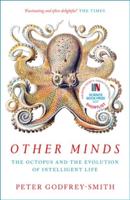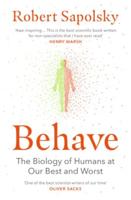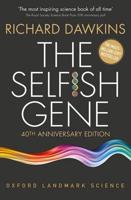Publisher's Synopsis
The task addressed by this book is to put forward a convincing scientific description of objective reality. In so doing, it also aims to communicate a frame of mind, an attitude, a feeling of how reality is approached scientifically. It is written for a lay readership and should be comprehensible to anyone with a basic grasp of school science.
Starting with some simple, almost trivial observations, the author explains how the basic concepts of science, concepts such as force and acceleration, and mass and energy arise. He then goes on to show that these concepts are equally applicable whatever one is seeking to describe: whether it be the very smallest scales accessible to physics (chapter 3), the universe at large (chapter 4), biological entities (chapter 5), or the human brain (chapter 6). It becomes clear from science's success with these disparate forms of matter that scientific concepts are a valid tool for comprehending not only simple objects like electrons and galaxies but also ferociously complex objects like brains. But isn't there more to reality than it being merely a collection of purely material objects obeying the laws that science has revealed? What about consciousness? What about the beliefs we amass as our lives pass, and which guide our behaviour? What about right and wrong? These topics are discussed -- to a degree speculatively -- in scientific terms in chapters 7, 8 and 9. Finally, in the concluding chapter two ever present components of the human experience are investigated;namely, the inexorable passing of time, and our eternal pondering about the existence of God.
Anyone interested in the various sciences -- physical, biological etc. -- used by us to investigate not only the phenomena we see around us, but also our very selves, will find this book engaging, and possibly challenging. It presents a coherent picture of reality and what this picture implies about the universe and our place in it.








